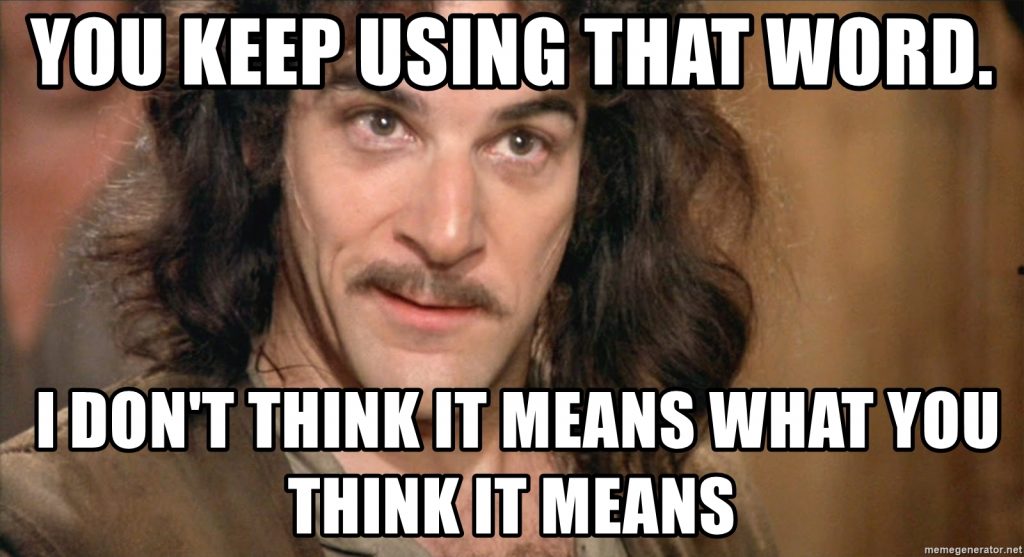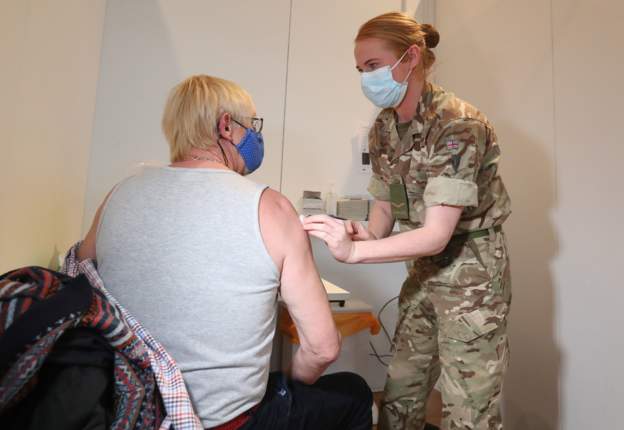zt1903 wrote: Mon Feb 08, 2021 2:08 pm
Raggs wrote: Mon Feb 08, 2021 12:47 pm
zt1903 wrote: Mon Feb 08, 2021 12:45 pmI don’t think you can draw any conclusion from it one way or the other.
Which is true of much of the “data” we’ve been knee jerk reacting to in recent months.
Whereas large studies that conclude, for example, that severity of lockdown has no impact on our outcomes get completely ignored.
Large studies? What large studies? Considering every country is a data point, and it's extremely messy data given the variety in approaches, as well as general societal norms and ability to follow, not even accounting for the fact that numerous countries simply aren't testing enough etc etc, I can't see how you can possibly even have a large study, let alone one that can claim any reasonable accuracy.
My point was that studies, of which there are many, that go against the group think are ignored whilst we are bombarded with scare mongering based on thin evidence - like this SA study.
But if you want to be pedantic about adjective use .....
https://www.nature.com/articles/s41562-020-01009-0
..... this study looks at 6,068 non-pharmaceutical interventions in 79 territories.
Conclusion, less disruptive NPIs can be as effective as more drastic ones. Which explains why Sweden is pretty much bang on the European average outcome with the least intrusive restrictions.
79 territories is not a lot, and that's not the conclusion...
The most effective NPIs include curfews, lockdowns and closing and restricting places where people gather in smaller or large numbers for an extended period of time. This includes small gathering cancellations (closures of shops, restaurants, gatherings of 50 persons or fewer, mandatory home working and so on) and closure of educational institutions. While in previous studies, based on smaller numbers of countries, school closures had been attributed as having little effect on the spread of COVID-19 (refs. 19,20), more recent evidence has been in favour of the importance of this NPI28,29; school closures in the United States have been found to reduce COVID-19 incidence and mortality by about 60% (ref. 28). This result is also in line with a contact-tracing study from South Korea, which identified adolescents aged 10–19 years as more likely to spread the virus than adults and children in household settings30. Individual movement restrictions (including curfew, the prohibition of gatherings and movements for non-essential activities or measures segmenting the population) were also amongst the top-ranked measures.
Yes, they go on to say that other methods, if implemented early, can avoid the need for lockdown, but that's not the same thing is it.
When the shit is hitting the fan, lockdown is needed. If you can get ahead of the shit, like New Zealand for instance, it's not required.
As for Sweden, seriously? They've gone into lockdown, after admitting what they'd done was wrong. And you need to compare Sweden with the most similar nations to them in terms of society and geography etc, which is Norway and Finland, how are they doing in comparison? Let me tell you, Sweden are doing awfully in comparison.

